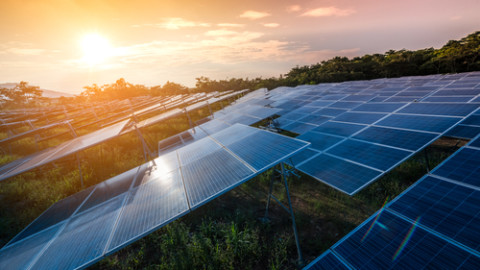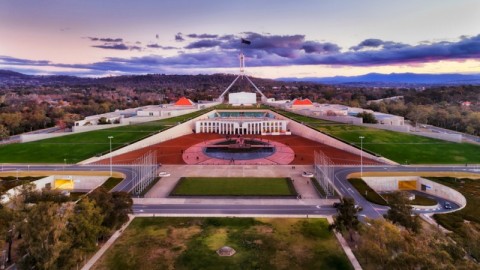A $5 million study is underway into a hydrogen plant at Stanwell Power Station in Central Queensland.
The 12-month study will assess the technical, commercial and strategic feasibility of a large hydrogen electrolysis plant near Stanwell Power Station.
Government-owned generator Stanwell Corp is looking at a 10MW or larger demonstration plant, the largest plant of its type in Australia.
Queensland Energy Minister, Dr Anthony Lynham, said, “By deploying hydrogen electrolysis at large scale, the demonstration plant could help drive down production costs and support the development of new domestic and export markets for hydrogen.”
Member for Rockhampton, Barry O’Rourke, welcomed the news.
“This could be another industry that could create jobs and attract investment in Central Queensland.”
The study began in July 2019 and is looking at building an electrolysis plant. Demineralised water already produced at Stanwell would then be treated at the plant to produce hydrogen.
The hydrogen produced could then be used in three ways:
- To produce liquid ammonia for fertilisers and as an industrial chemical
- Compressed, and sold as a gas for various uses, including for manufacturers
- Compressed, and used to generate electricity in a gas turbine or a fuel cell
Dr Lynham said Stanwell had had discussions with potential local and international commercial partners and customers.
“The proposed site is well located near local ports for access to export markets.”
State Development Minister, Cameron Dick, said the surge of interest in hydrogen development in Central Queensland showed the government’s Queensland Hydrogen Industry Strategy 2019-2024 was working.
“I’m confident that in partnership with industry, universities and research institutes, we can develop a clean, green hydrogen export industry in Queensland.”
“Our government is working hard to drive this industry forward, to create more local jobs, especially in our regions, and a stronger state economy.”
















